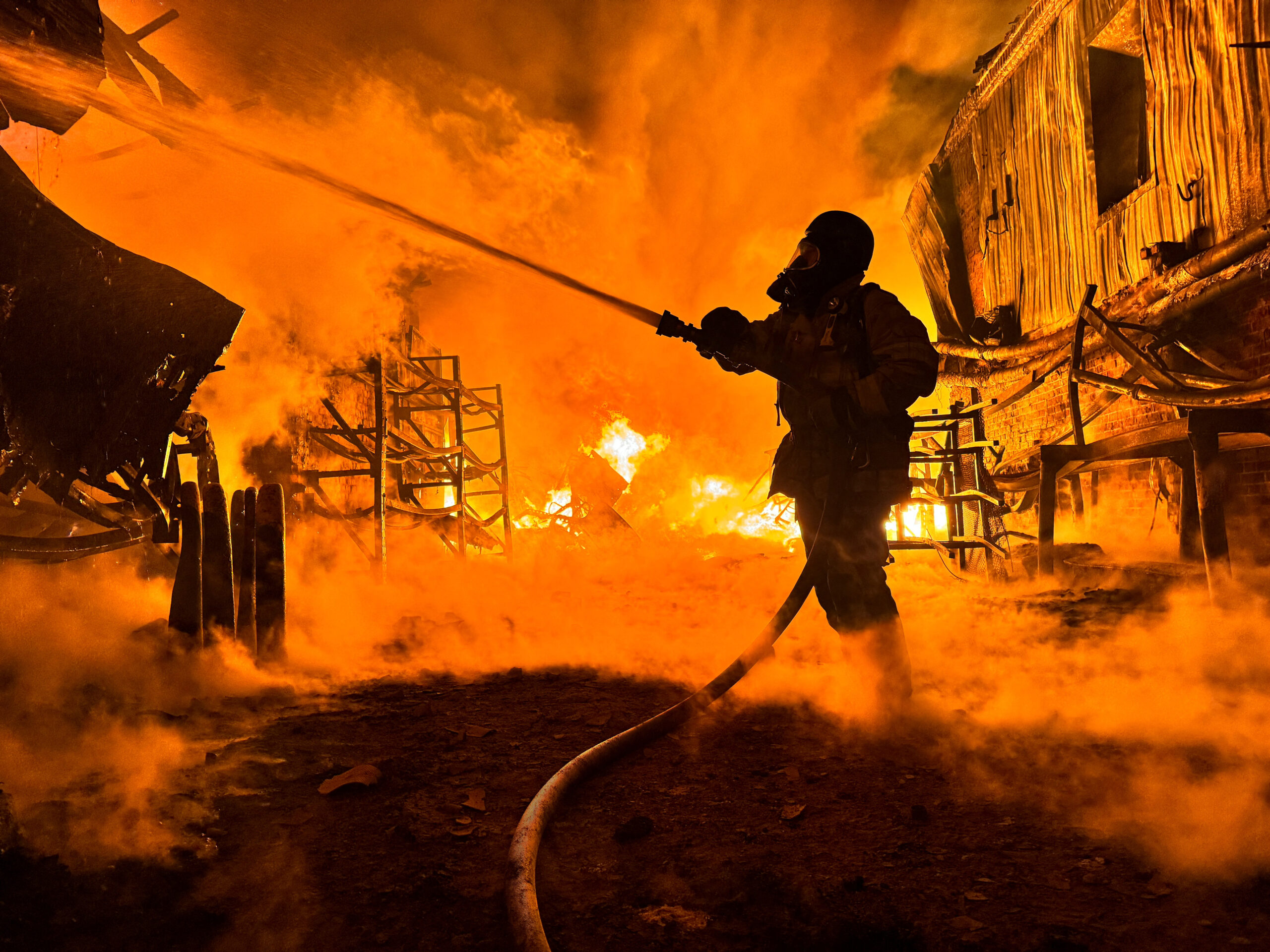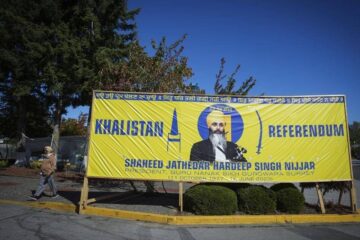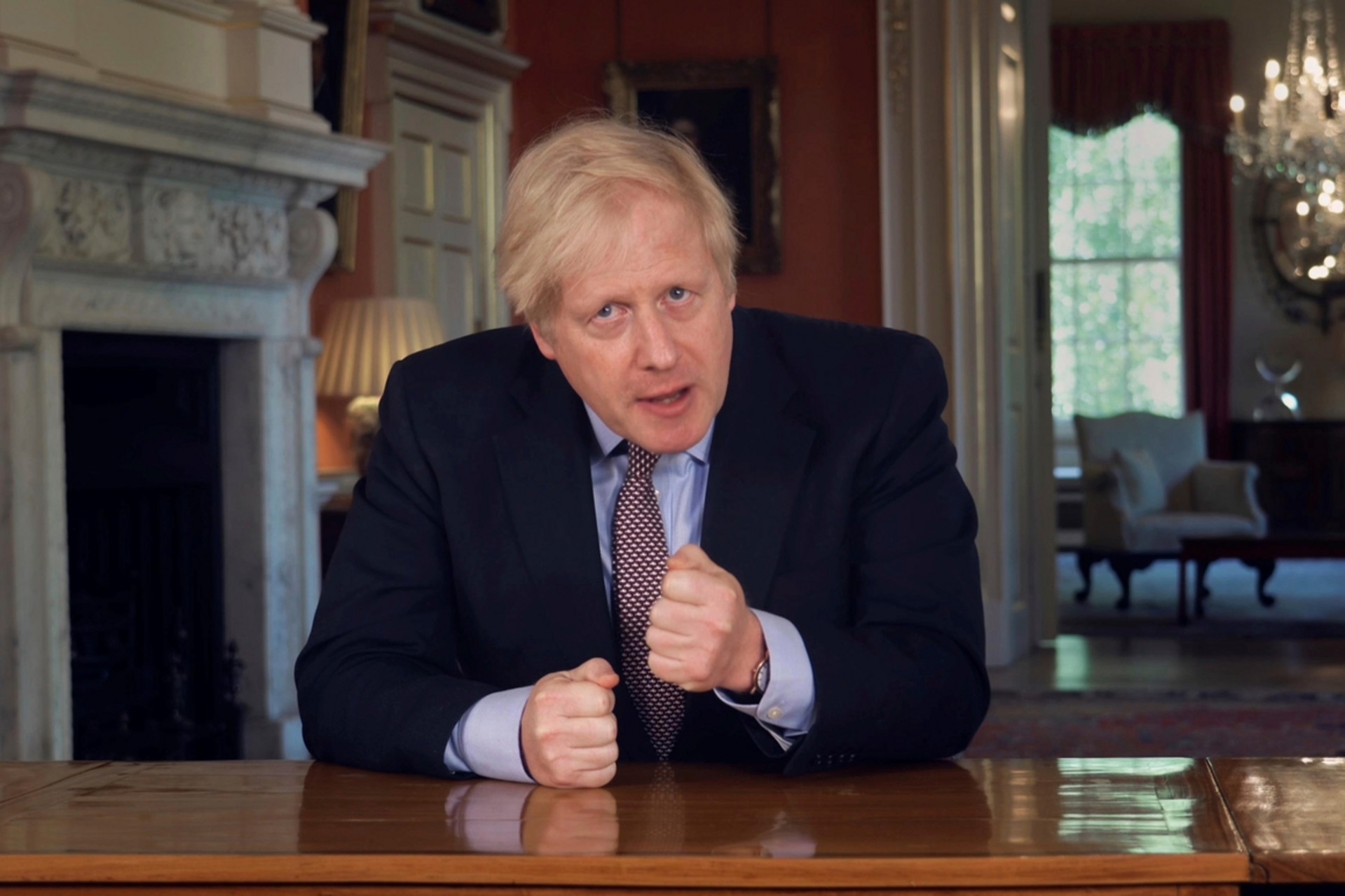Obama welcomes Syria deal, warns action if diplomacy fails
U.S. President Barack Obama has welcomed the deal to strip Syria of chemical weapons but says much remains to be done and Damascus must comply with the accord.
In a written statement, Obama said he welcomed the progress made between the U.S. and Russia in negotiations in Geneva that produced a framework agreement Saturday. He called it “an important, concrete step toward the goal of moving Syria’s chemical weapons under international control.
The president said much more work remained to be done, however. He said the U.S. would “continue working with Russia, the United Kingdom, France, the United Nations and others to ensure that this process is verifiable, and that there are consequences” if the government of Syrian President Bashar al-Assad did not comply with the deal.
However, Russia would likely veto any U.N. military action.
Obama said that if diplomacy failed, military action was still possible.
In his weekly radio and Internet address, recorded Friday before the deal was reached, the president said, in that case, force would still be an option.
“And since this plan emerged only with a credible threat of U.S. military action, we will maintain our military posture in the region, to keep the pressure on the Assad regime. And if diplomacy fails, the United States and the international community must remain prepared to act,” he said.
In that address, Obama also said it was important that diplomatic efforts succeed, to make it clear that the world will not tolerate the use of chemical weapons.
“We have a duty to preserve a world free from the fear of chemical weapons for our children. But if there is any chance of achieving that goal without resorting to force, then I believe we have a responsibility to pursue that path,” he said.
<iframe width="640" height="360" src="http://www.youtube.com/embed/jPG5I_f1cAY?feature=player_embedded" frameborder="0" allowfullscreen></iframe>
U.S. Secretary of State John Kerry and Russian Foreign Minister Sergey Lavrov say they have reached an agreement on a framework for securing Syria\’s chemical weapons after the third day of intense negotiations in Geneva.
Speaking at a press conference in Geneva on Saturday, after the third day of intense negotiations, US Secretary of State John Kerry said that arms inspectors should be on the ground in Syria by November with the goal of eliminating the country\’s chemical weapons by mid-2014.
"Providing this framework is fully implemented it can end the threat these weapons pose not only to the Syrian people but also to their neighbours," Kerry told reporters at a joint press conference with Russian Foreign Minister Sergei Lavrov after they wrapped up three days of talks in Geneva.
"Because of the threat of proliferation this framework can provide greater protection and security to the world," he said.
"The world will now expect [President Bashar al-] Assad\’s regime to live up to its commitments… There can be no room for games. Or anything less than full compliance by the Assad regime," he added.
Kerry and Lavrov said if Syria failed to comply, then a UN resolution would be sought under Chapter VII of the UN charter, which allows for the use of force.
Kerry said inspectors must be on the ground by November, and that the stockpiles should be removed or destroyed by mid-2014.
Lavrov said their decision was based upon "consensus and compromise", pointing out that the deal contained nothing about the potential use of force if Syria fails to comply.
But US Secretary of State John Kerry said there was no pre-agreement on what action the UN Security Council might take if Syria fails to comply with the plan, which envisages a complete destruction of its chemical weapons by mid-2014.
Lavrov suggested there could be another international peace conference on Syria by October.
"The main thing is to make sure that all Syrian sides are represented at the conference," he said.
Over the years there have been several conferences, some of which have included the Syrian opposition and excluded the government.
France, which was the only country willing to join the US in taking military action in Syria, welcomed the agreement.
Foreign Minister Laurent Fabius said it was an "important advance".
However, the military leader of the anti-Assad Free Syrian Army rejected the deal and promised to continue fighting.
"There is nothing in this agreement that concerns us," said Gen Salim Idriss, describing it as a Russian initiative designed to gain time for the Syrian government.
The United States says more than 1,400 people were killed in the attack, which the U.S. says was carried out by the Syrian military. The Assad government blames rebels for carrying out the attack.
More than 100,000 people have been killed in the conflict, and the UN refugee agency says about one third of Syria\’s pre-war population of 20.8 million have fled their homes, either to other countries or safer areas within Syria.
Source: Agencies
[do_widget_area inner_adsbar]











